Girlhood and Gifts: What Books Taught Me about Female Friendships
A Note from the Editors: At The Attic we are always sensitive to the world around us, and while we can’t solve the current crisis, we hope to remain a source of calm and comforting escape for our readers. Our content may be less frequent at the moment, but will remain more or less the same in coverage and style. Our submissions will remain open for anyone wishing to take part.
Photo by Tilly Nevin.
I’ve been reading a lot, recently, for my dissertation, which focuses on Iranian women writing in the diaspora. The childhoods of these novels’ narrators are drenched in loneliness: In Negar Djavadi’s Disoriental, Kimiâ keeps herself guarded, walls up, after her traumatic journey to her family’s new home in Paris, knowing that few, if any, people around her will comprehend the depth of her loss. These women often turn from lonely children into lonely adults: Roxane in Chahdortt Djavann’s Comment peut-on être francais? (How does one become French?) locks herself up in her small room to memorise French grammar she never uses with other people.
At the same time, though, I’ve been reading about female friendship and thinking, especially now, a lot about them. The Air You Breathe by Frances de Pontes Peebles has kept me company this past week in lockdown; or, more accurately, Dores and Graça, the narrator and her double, her best friend, as well as the love of her life, have taken me with them on their journey from a Brazilian plantation to Rio and then Hollywood. For Dores, Graça was her escape from life as an adopted servant’s, dark-skinned daughter, a window into another world; in a care home at the end of her life, Dores tells the truth about her friendship with the star, who only became so due to her own ambition.
I surprised both myself and Graça then by taking her hand. It was soft and warm, like a small ball of dough that I could easily work between my fingers. – The Air You Breathe.
Graça is also everything Dores is not; a symbol of her own inadequacy and an unwelcome reminder of her roots. The girls know each other better than anyone around them can, but Dores’ narration also reveals how untranslatable that experience is to the world outside them; they orbited around each other all their lives, an orbit we cannot enter without being spun around dizzily. Graça wavers between a real woman and the idol Dores has made her into even since they were children. We cannot know her, Dores reminds us, even after she’s told the full story, not like she did. The intensity of their relationship is as intense as the strains of music that follow them through their lives, a refrain of their love and dependence on each other marked by the dark underside of their secrecy, envy of each other and selfishness.
“Why did those friendships that are so all-consuming they collapse into toxicity feel so recognisable to me? And why were the experiences of these women comforting? ”
Their relationship recalls that of Lenù and Lila in Ferrantes’ Neapolitan novels; two girls who grow up together, caught between intimacy and memory and jealousy and competition. The Neapolitan novels, and Sally Rooney’s Conversations with Friends, kept me company during another period in which I felt as lonely as Roxane shut away in her tiny apartment, when I first lived away from home after university (and did really live in a minute, all-the-more-claustrophobic-for-the thirty-six-degree-weather flat). Why did those friendships that are so all-consuming they collapse into toxicity feel so recognisable to me? And why were the experiences of these women comforting? I went to an all girls’ school growing up; competitiveness and intensity marked all of our relationships in that (we thought) high stakes, pressure cooker environment. Yet I wouldn’t have changed it for the world; the girls I met there are still some of my closest friends. In Lorrie Moore’s Who Will Run the Frog Hospital?, Berie remembers her childhood growing up with her own best friend, Sils: the two have taken very different routes in life. Reunited with Sils later, she says, “I longed for a feeling again, a particular one: the one of approaching a room but of not having entered it. Being engaged to marry, it should have been what I felt. But instead I associated the feeling with another part of my life: that anteroom of girlhood, with its laughter as yet only affianced to the world, anticipation playing in the heart like an orchestra tuning and warming, the notes unwed and fabulous and crazed - I wanted it back! – those beginning sounds, so much more interesting than the piece itself”. “Those beginning sounds” are what I think of when I think of my best friends from school; friends who stick around even after seeing you at your worst (which, prove me wrong, is in high school), friends who are discovering their own ambition as you discover yours but who were also there to cheer you on in Maths, friends you cried laughing with (silently) in the school library, friends who years later are still there. Who else, having seen you in “that anteroom of girlhood”, can know you better, even if years later you’re a very different person? Lorrie Moore’s novel reminds me how missing lifts like tissue paper to uncover how important a person was, and always will be, in your life.
But, what: Should I have been expected to create my own self, out of nothing, out of thin, thin air and alone? … But what do I mean ‘they’? Perhaps I mean only Sils. I was invaded by Sils, who lives now in my vanished girlhood, a place to return to at night, in a fat sleep, during which she is there, standing long-armed and balanced on stones in the swamp stream, stones in the cemetery, stones on the gravelly road out back. – Who Will Run the Frog Hospital?
“Part of growing up for me was, also, learning the joys of having a group of friends rather than being in that pair, as many novels about female friendship are.”
Part of growing up for me was, also, learning the joys of having a group of friends rather than being in that pair, as many novels about female friendship are. Few are about groups of friends, although non-fiction works like Dolly Alderton’s everything I know about love, a love letter to those friends, plural, spoke most clearly to my friends and I at university. It was with them that I’ve been through the most: not only exams and acne and ambition, but new homes, new jobs, big life decisions, even grief. One of my closest friends says, wisely, that as you grow and realise relying on just one person is probably not a good idea, for their sake and yours, different friends offer you different things (thank you, p): one might remember all the embarrassing things you did at school, another might have been the person who kept you sane through those uni years. I’ve seen how important those friendships were in my mum’s life, how valued and how precious. In Nina Lacour’s We Are Okay, Marin spends her Thanksgiving break with the best friend and girlfriend she hasn’t seen in months after her own grief consumed her. Mabel, now in another relationship, suddenly living a very separate life to Marin’s own, cannot be what she was to Marin. But Mabel helps Marin realise that friendships change and evolve, that distance doesn’t always hurt them, and Marin begins to recognise the other good friends she’s made even in those grief-stricken first months such as Hannah, her room-mate at college. In These Witches Don’t Burn by Isabel Sterling or Supper Club by Lara Williams, friendships grow, both individually and collectively as the narrators do. In Disoriental (spoiler alert), Kimiâ eventually draws closer to her two older sisters (who’d grown their own hard, protective shells together) and falls in love. I don’t have sisters and I don’t know the different types of intensity of those relationships (apart from what I’ve read in Min Jin Lee’s Free Food for Millionaires, Colm Toibin’s Brooklyn, Barbara Kingsolver’s The Poisonwood Bible, Miriam Toews’ All My Puny Sorrows, Marilynne Robinson’s Housekeeping), but I can imagine what it must feel like to have women tied into your life forever, as I know these friends are.
And Hannah kept saving me. She saved me with never asking questions, with instead reading to me about bees and botany and evolution. She saved me with clothes she loaned me and never took back. She saved me with seats next to her in the dining hall, with quick evasions hwen people asked me questions I couldn’t answer, with chapters read aloud and forced trips of campus and rides to the grocery store and a pair of winter boots. – We Are Okay.
“our book chats, our language of love, reminds me constantly the power books hold”
Even across a country in quarantine, our messages, calls and cards (as much as memes and gifs and star sign charts) remind me how lucky I am to have them, and, as many of them are readers, too, our book chats, our language of love, reminds me constantly the power books hold. Each tells an entire story while the fact of them tells another; “you’ll like this one”, my friend says, and I see the depth of that friend’s kindness once again and just how privileged I am to have people who deeply know me. As I write this I’m looking at a print my friend gave me for my birthday of two girls looking at each other smiling, as if they’re sharing a secret. As all these authors do, sharing parts of themselves and of us we may have forgotten to remember.
The life where I give her my songs. The life where I open my fists – closed for so long – and understands, before it’s too late, what Graca knew all along: When we create, it is not to prove, but to share. – The Air You Breathe.
Bonus! Some films and TV shows about friendship, sisterhood, and all that good stuff:
Booksmart
Very Good Girls
The Good Place
Our Little Sister
Bend it like Beckham
Tilly Nevin completed her degree in English literature at the University of Oxford last year and plans to do an MA in Comparative Literature next year. After finishing her degree, she moved first to Germany for an editorial internship and then to France, where she divides her time between teaching overexcited children, city hopping on trains, trying to learn new languages and attempting to find the perfect café in which to lead the life of a young French existentialist (with more cake involved).




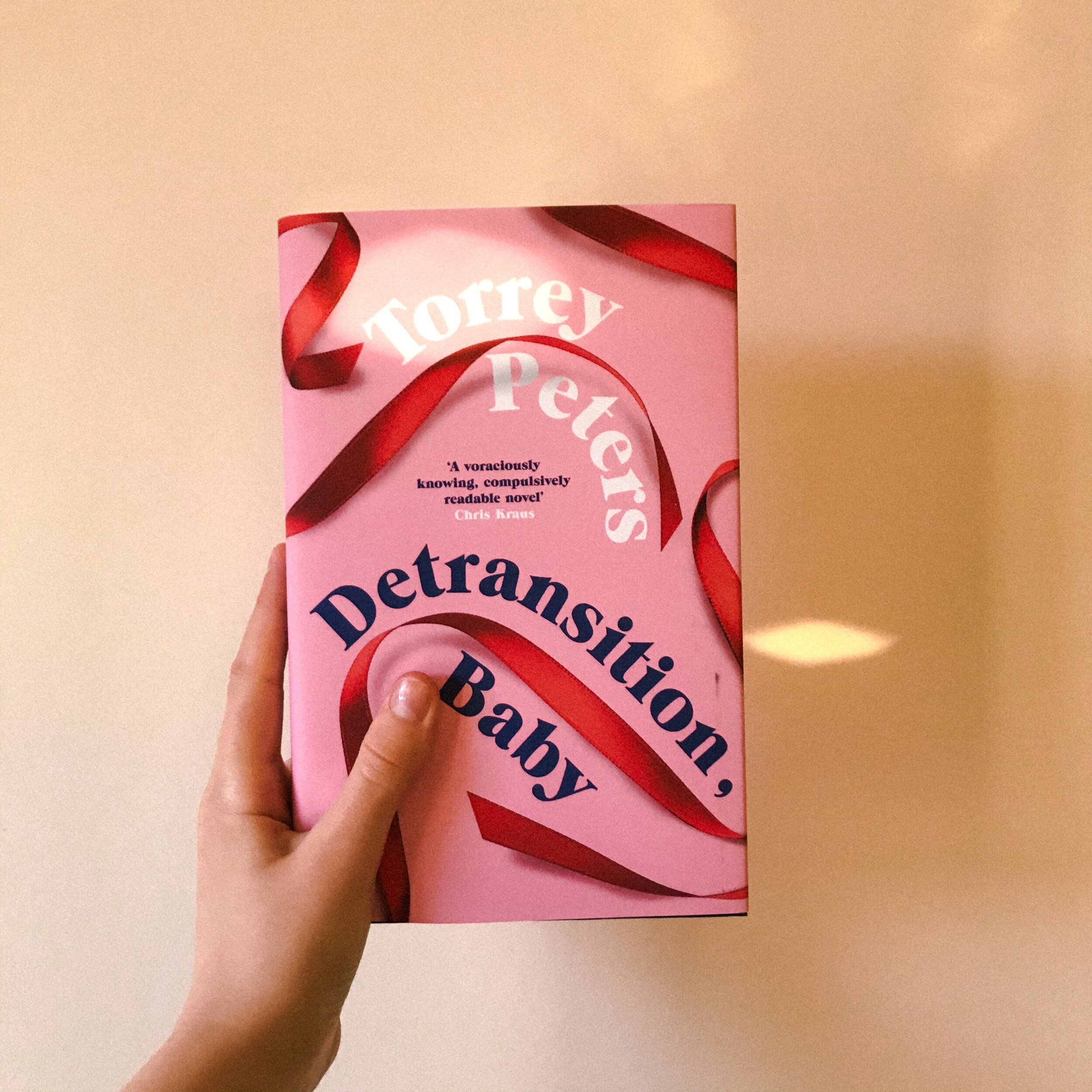
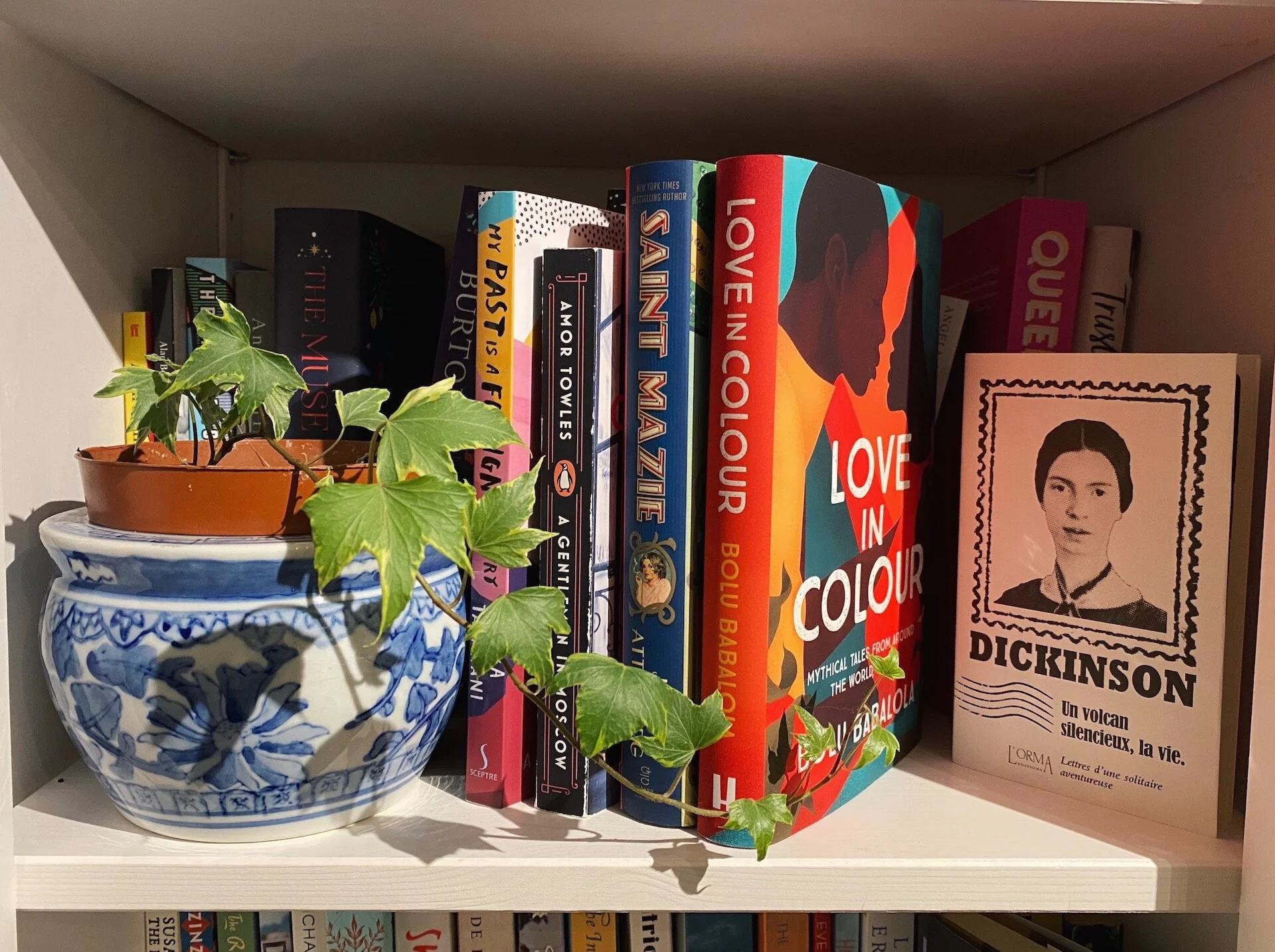
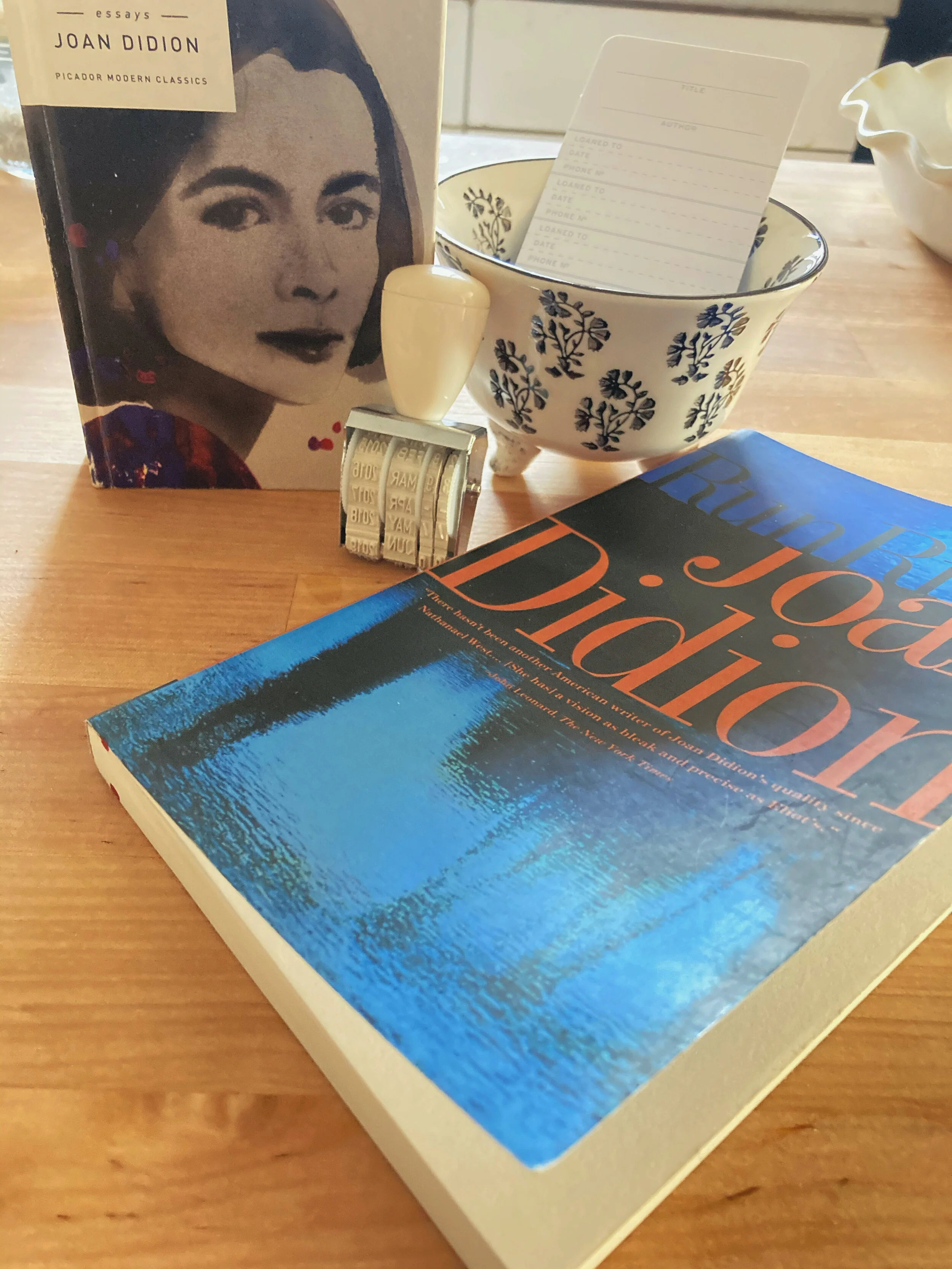
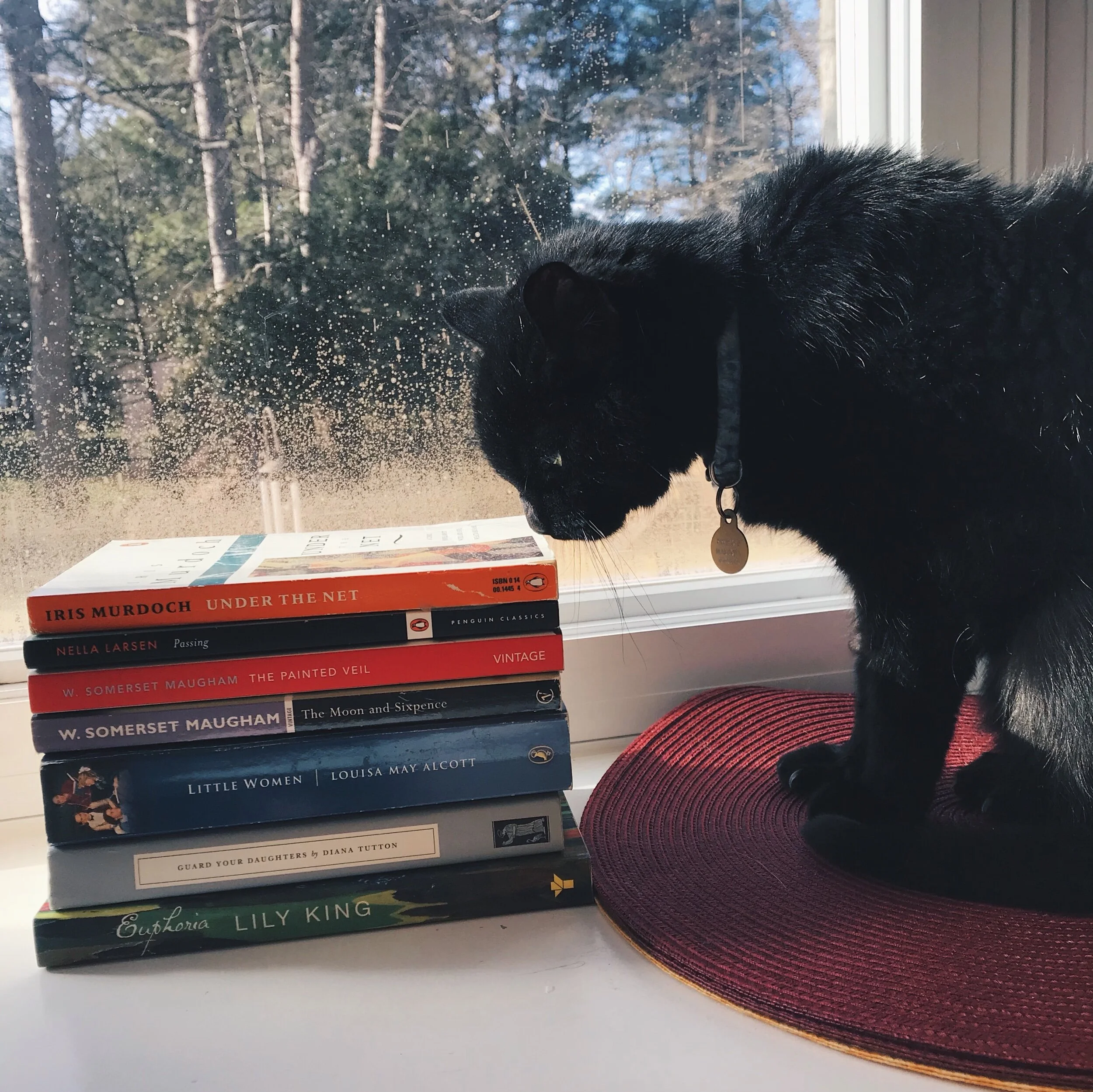


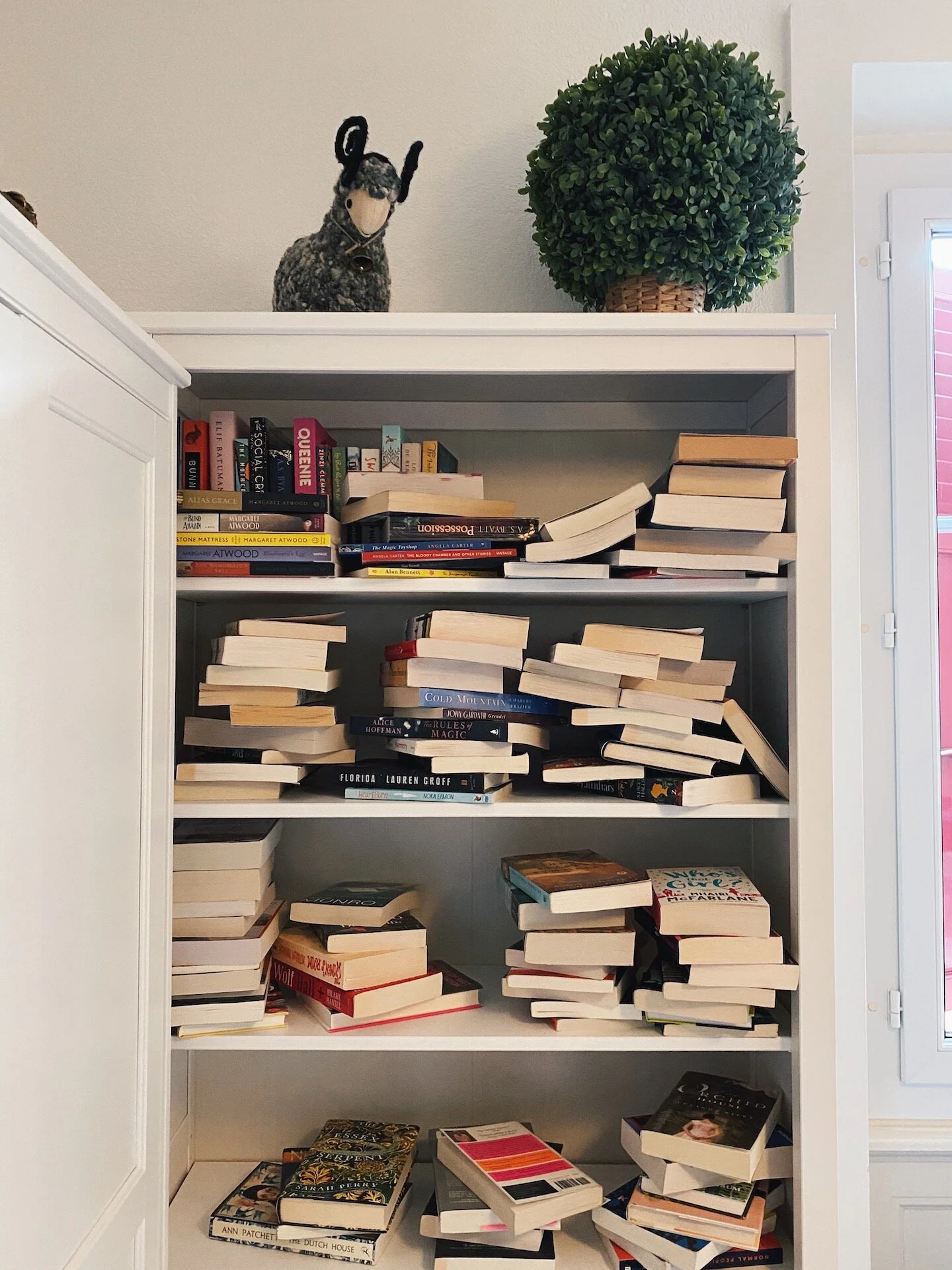
Reading Naoise Dolan’s Exciting Times and Katie Kitamura’s Intimacies, Rachel Tay explores the unease of moving away from one’s own country and language.